Ambulance delays, staff shortage hit Canada's public services amid COVID-19 surge
Public health services in Canada have been hit hard amid steep rise in new infections fueled by the Omicron variant of coronavirus, causing staff shortage and delayed emergency response.
Over the weekend, paramedics in Toronto, the country’s largest city, reported lack of ambulances to respond to emergency cases. It came as about 12.8 percent of the city’s "essential and critical services" staff was off due to COVID-19 as of Monday.
Brad Ross, a city spokesperson, said ambulances being tied up at any moment was “not an unusual occurrence” but it was becoming “more common” with workers sidelined by COVID-19 and stretched hospitals delaying ambulance offloading.
Mike Merriman, president of the paramedic union in Toronto, said about 10 percent of the city's 1,400 paramedics were off work because of COVID-19, down from a peak of about 240 over Christmas.
“Our members could barely handle the call before COVID. And now that for COVID, they can’t keep up and are tired,” he was quoted as saying by CTV News Toronto, adding that the workforce was “totally demoralized”.
“The system is a mess. I would say it’s on the verge of collapse, at least for EMS services.”
More than 10 percent of all city divisions were experiencing “unplanned absence rate” of personnel while the number rose to more than 12 percent for emergency services on Sunday.
Merriman emphasized that almost 15 percent of the total number of 1400 paramedics were working part time and lacked employer-paid sick leave, which puts pressure on the staff to work while sick.
Canada currently accounts for more than 420 thousand active cases. Earlier this month, it broke is previous record for the highest number of hospitalized COVID-19 cases, at more than 4,100 nationwide.
The country has documented more cases of COVID-19 during the first 40 days of the Omicron wave than it did during the entire first year of the pandemic, according to data from CTVNews.ca’s case tracker.
Canada was classified as Level 4 destination by the US Centers for Disease Control and Prevention (CDC) on Monday, due to “very high” risk of travelling to the country amid growing number of cases.
It was joined by one other destination -- the Caribbean island of Curaçao -- in moving up to the CDC's Level 4: COVID-19 Very High category.
Canada had previously been at Level 3 since August 30, 2021. On December 15, Canada issued an advisory to its citizens asking that they avoid all nonessential international travel.
Theresa Tam, chief public health officer of Canada, pointed out that the dip in coronavirus cases was “most likely an artifact of underreporting and under-detection of cases.”
1/3 #COVID19 key concerns 🇨🇦 : only partial data are available from the weekend and as noted daily cases will be underestimated as testing capacity is reached/exceeded and otherwise focused on high risk individuals and populations.
— Dr. Theresa Tam (@CPHO_Canada) January 10, 2022
➡️https://t.co/jrZH3tHRUo
“Only partial data are available from the weekend and as noted daily cases will be underestimated as testing capacity is reached/exceeded and otherwise focused on high risk individuals and populations,” she said in a tweet on Monday.
Ontario has seen a jump from 248 ICU patients last week to 438 patients this week as the number of patients receiving treatment for the illness in intensive care units continues to climb.
Metrolinx, the city’s regional transit operator, cut its services by 15 percent after the staff outage of more than 20 percent, spokesperson Anne Marie Aikins said.
Winnipeg Police Service had to reallocate officers from other units to street patrols following almost 9 percent of staff shortage due to the COVID-19 outbreak.
More than 75 percent of the total Canadian population is fully vaccinated by the Pfizer/BioNTech and Moderna vaccines, as the possibility of mandatory vaccination in the country is looked as a solution to end the pandemic.
Eight Palestinians killed as Israel attacks Gaza school, hospitals
VIDEO | Rome, Milan host new protests in solidarity with Palestinians
Dec. 21: ‘Axis of Resistance’ operations against Israeli occupation
Spain jurists demand ties with Israel ties be cut
VIDEO | Press TV's news headlines
VIDEO | Iran honors top Science Olympiad medalists
VIDEO | Austrians arrested at Gaza protest in Vienna
10 killed in bus crash in western Iran


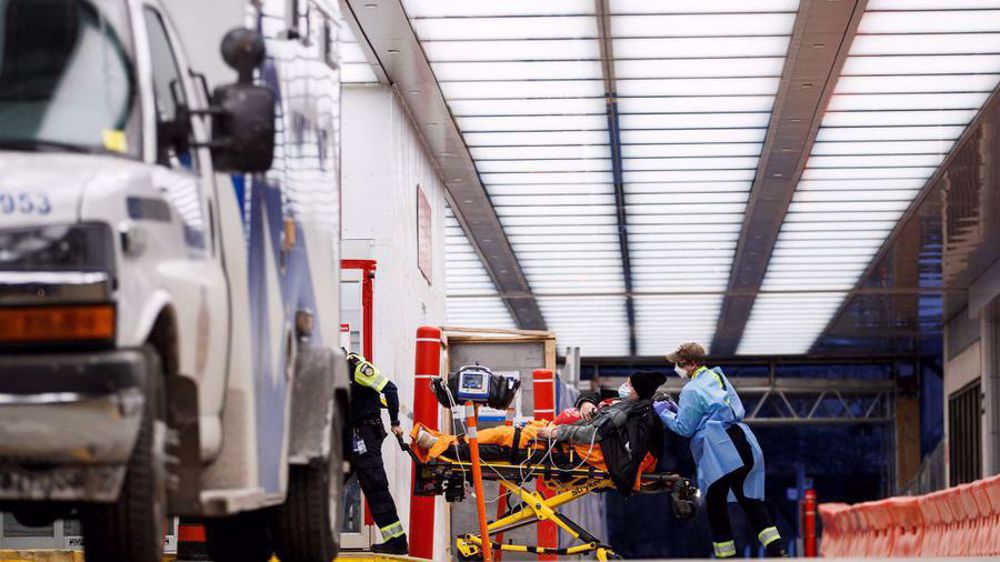







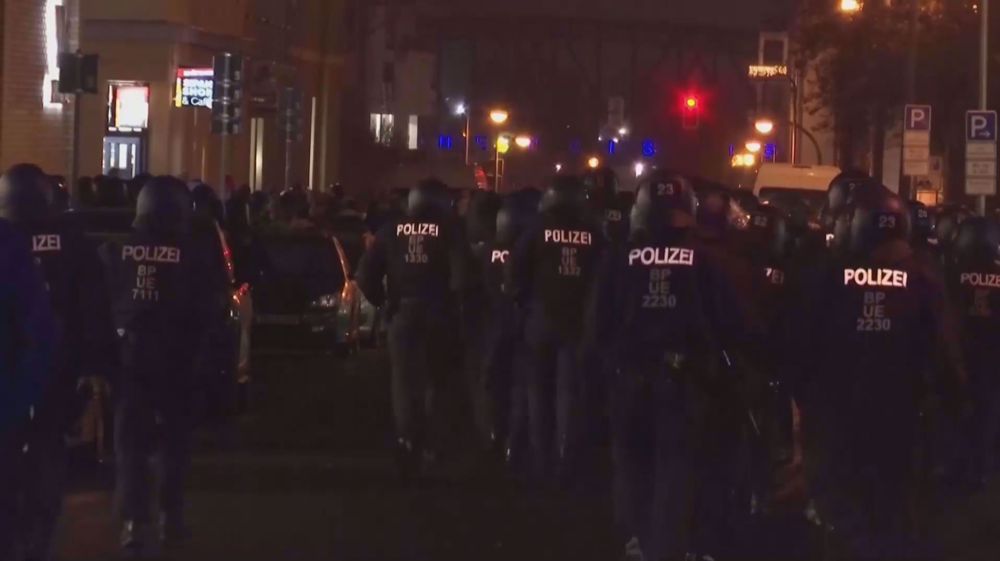
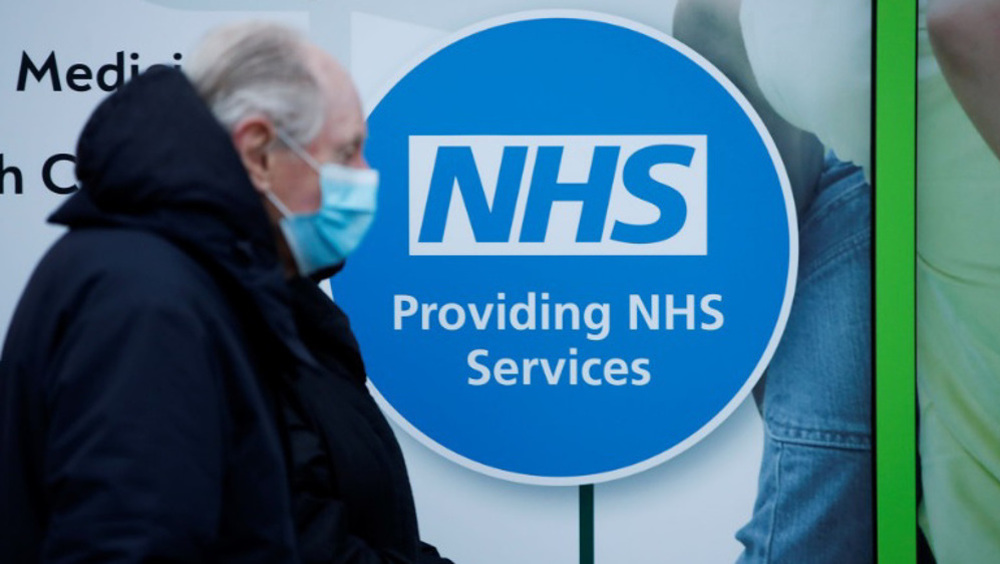
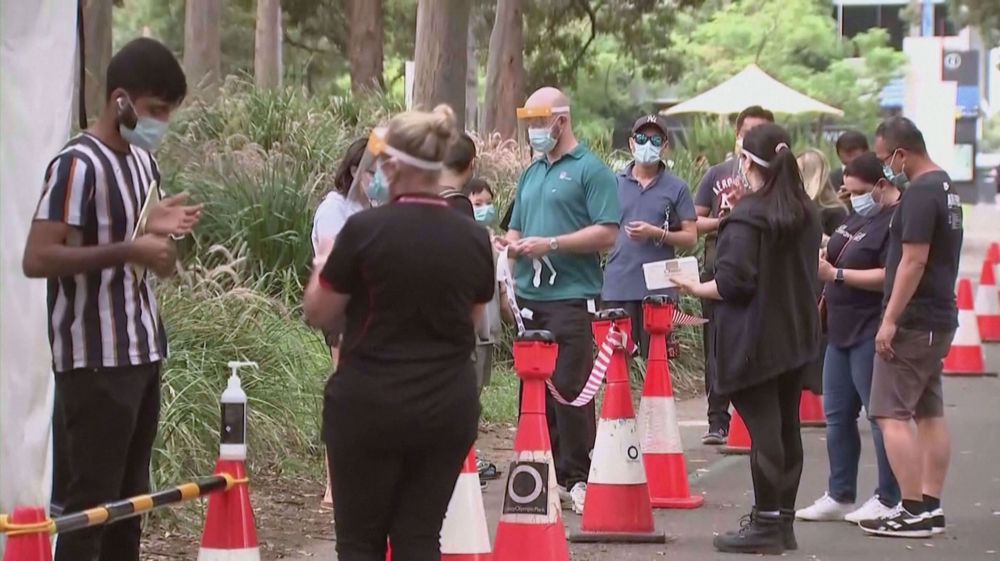
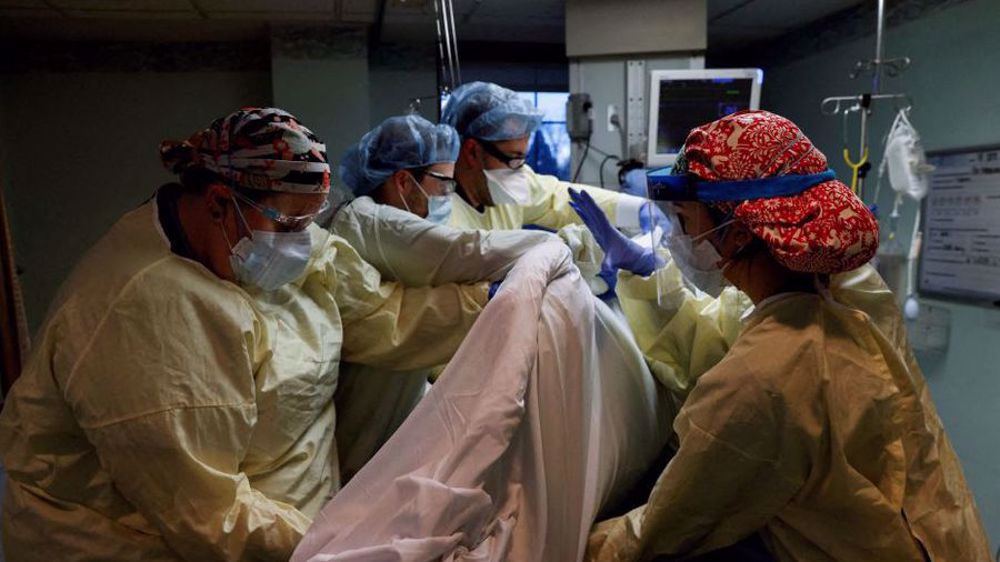

 This makes it easy to access the Press TV website
This makes it easy to access the Press TV website